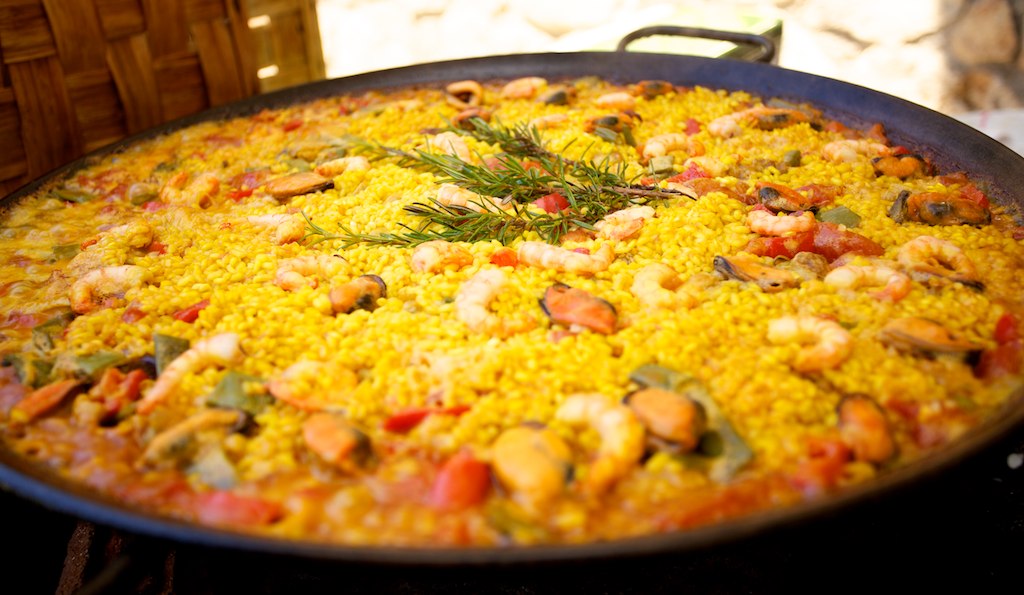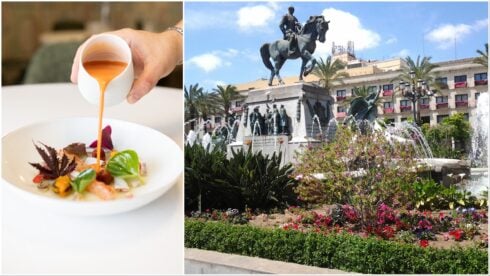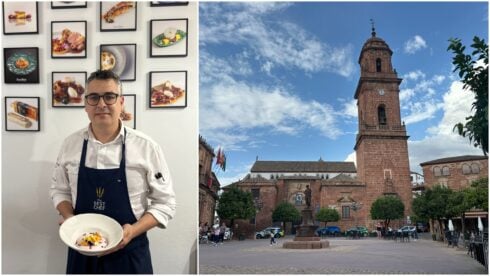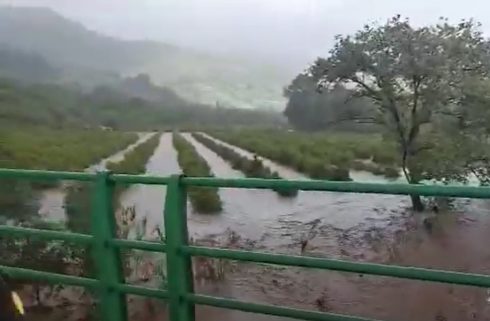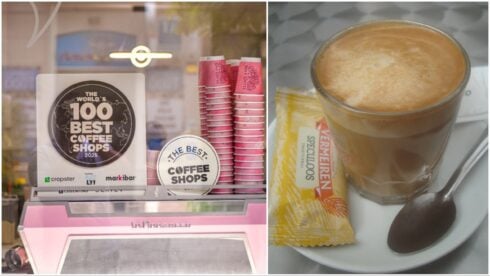WHEN British chef Jamie Oliver released a paella recipe that included chunks of chorizo, it stirred more nationalistic emotions than the issue of Gibraltar’s sovereignty.
Now, researchers at the University of Valencia have surveyed local chefs in the region to determine the unwritten and hugely divisive rules of paella.
Some 400 chefs were surveyed from over 250 different Valencian villages in the study by the Universidad Catolica de Valencia
The findings established the 10 essential ingredients for the national dish, with a broad consensus on rice, water, olive oil, salt, saffron, tomato, green beans, lima beans, chicken, and rabbit.
Paprika was deemed essential by 63% of chefs, whilst 52% said rosemary should be used.
Artichokes also split opinion, with 46% insisting they must be included.
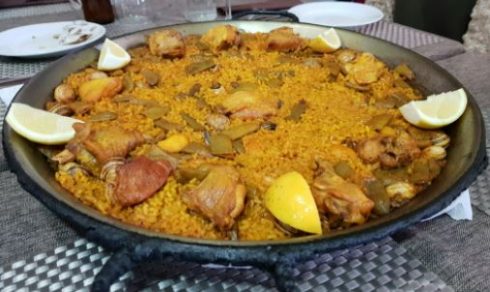
Photo: Wikipedia
The findings were published in the International Journal of Gastronomy and Science on Thursday, and presented at a seminar titled: ‘A nightmare glocal discussion: what are the ingredients of paella Valenciana?’
The university said: “Everyone has an opinion about paella but the idea was to do fieldwork to establish what are the essential ingredients.
“What we have shown is what is always an ingredient of paella, what ingredients are sometimes used and what should never be used.”
Paella which is a popular dish across Spain has an almost religious devotion in Valencia, with hardcore fanatics claiming it can only be a true paella if it is made using water from the region.
The researchers concluded: “If people in the rest of Spain want to add seafood, sausage or even black pudding, that’s their business, but in Valencian eyes, it’s not paella.”
Paella served outside of Valencia is often panned by Valencian residents as ‘arroz con cosas’ or ‘rice with things’.
Last year the Valencian government officially awarded paella with the status of a cultural asset, declaring: “Paella is an icon of the Mediterranean diet, because of both its ingredients and its characteristics as a representation of Valencian culture.”
Other rules, beyond the method of cooking vary but in Valencia paella is usually served as a sharing dish for social events at the weekend or at restaurants, especially on Thursdays.
Local chef Rafael Vidal, who helped to organise the survey, said: “There are as many recipes as there are cooks and what makes a good paella is a matter of opinion, except in Valencia, where it’s a question of science.”
READ MORE:
- Michelin-starred restaurant celebrate the artichoke on Spain’s Costa Blanca
- Has Spain boycotted Russian salad in protest at the invasion of Ukraine?
- Eight reasons that make Spain the best place in the world
Click here to read more Spain News from The Olive Press.

